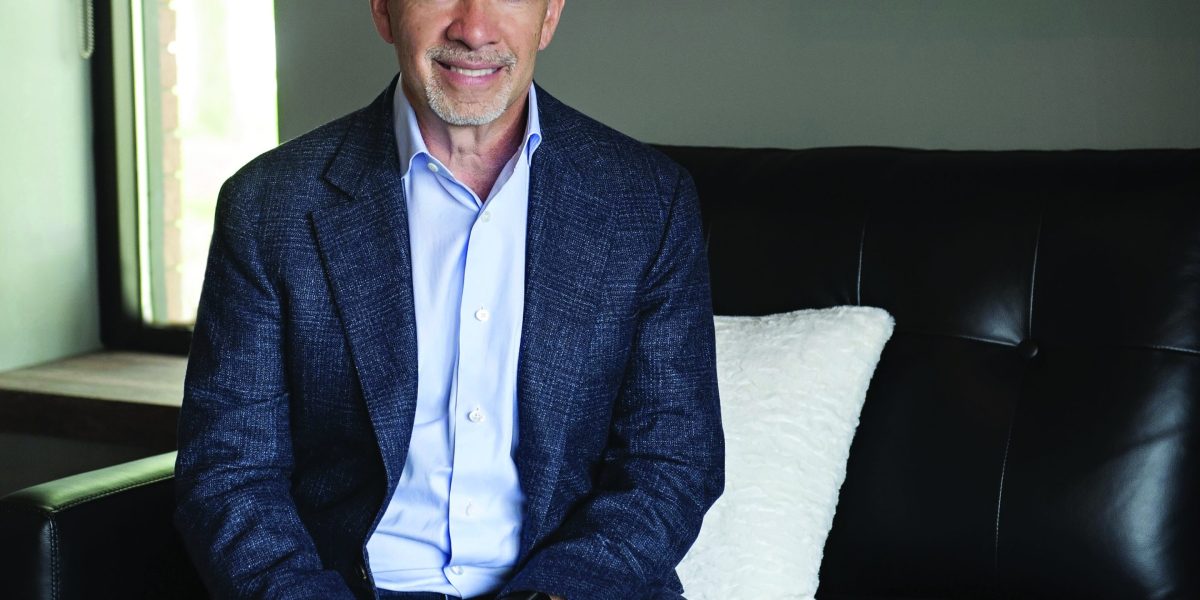
Technologies, markets, and strategies are evolving and shifting all the time. I have always tried to anticipate market trends to keep Altair—the technology company I founded 40 years ago that has 16,000-plus customers and a market cap of over $7 billion—an agile enterprise. As its CEO, I strive to constantly understand our people’s skills and ambitions and the needs of our organization; with this context, I frequently reorganize to help individuals advance their skills and perspectives while bringing new ideas and energy into new roles within the company. I leverage “creative destruction” and believe this, along with broad communications throughout the company, is one of the main reasons we are successful at anticipating and capitalizing on trends and technologies before they emerge. But more importantly, I believe creative destruction is a great way to bring the best out of your people both personally and professionally, as well as drive your business forward.
My own early experiences in large enterprises came after college when I worked for one of the automotive OEMs and realized I was not cut out to climb the traditional “corporate ladder.” Advancement was often determined by a combination of politics, seniority, and prejudice. There was no sense of the organizational fluidity, experimentation, and open dialogue I value and have tried to foster within Altair. I treasure having the space to try new things and follow my passions, whether that means success or failure.
I thrive in an atmosphere where people feel free to take risks, stretch their capabilities, and test themselves in novel ways. It is precisely this “experimentalist” environment my cofounders and I created in 1985 when we started Altair—and it is still one of our calling cards today.
Altair puts people first, knowing they are our greatest strength. This means creating an environment where everyone’s voice matters and their opinions carry weight, no matter where they are on the org chart. To be a true pioneer, you have to nurture a culture where ideas can bubble up from anywhere and from anyone. You have to get people talking to new people, expanding their networks and connections, and facilitating new channels of communication. And you have to observe which employees are showing potential, which may benefit from a change in scenery, and which are ready for more responsibility.
Winding career paths
Creative destruction is a proven approach for us. Many of my fellow executives can testify to its benefits, having experienced them firsthand. Take the story of a former chief technical officer. He came to Altair from academia, after a stint at the University of Virginia. I hired him and moved him to Germany to run the services side of our business there. After a few years, I moved him back to the U.S. for various product development and director roles; over the course of about eight years, he became the CTO of one of our main offerings, Altair HyperWorks. I then tasked him with overseeing the entire scope of our operations in Germany—a role spanning sales, marketing, technical support, and beyond. Finally, after two and a half years in Germany, I promoted him to chief technical officer, a role he excelled in for eight years. This “cross-pollination”—from academia to industry, U.S. to Germany, operations to development and back—opened his perspective and equipped him with a new set of skills and experiences he may never have developed otherwise. He synthesized these experiences to succeed in his role as chief technical officer. Altair is filled with these kinds of stories.
I understand that when people hear “creative destruction,” it can cause worry. People wonder if their new role will be a promotion or a demotion relative to their last role. At Altair, we aim to break that kind of hierarchical thinking. Everyone knows personal growth is not linear. Sometimes it takes winding paths, detours, and is as much “horizontal” as it is “vertical.” All I do with Altair each day is try to create an environment that mimics this journey and gives people the freedom, flexibility, and license to experiment in ways that create true lasting growth for the company and themselves.
Creative destruction is not destruction for its own sake. For us, it’s a strategic approach to cultivate growth and opportunities and help people become the best versions of themselves. I am confident creative destruction will continue to help us going forward, and I believe it can help others succeed as well.
Read more:
The opinions expressed in Fortune.com commentary pieces are solely the views of their authors and do not necessarily reflect the opinions and beliefs of Fortune.
CEO Daily: Stay on top of global business trends with the market-moving stories and analysis business leaders need to know.
Sign up here.

